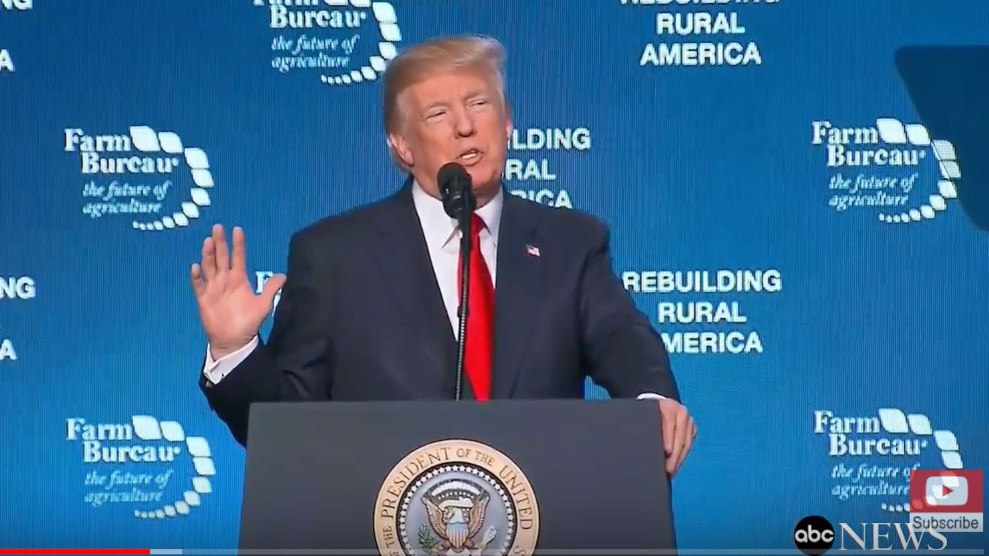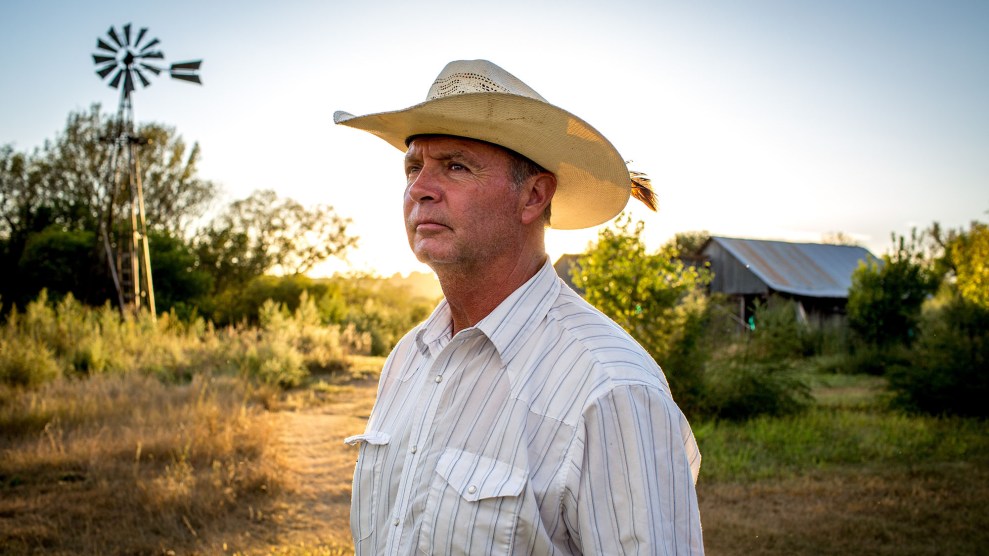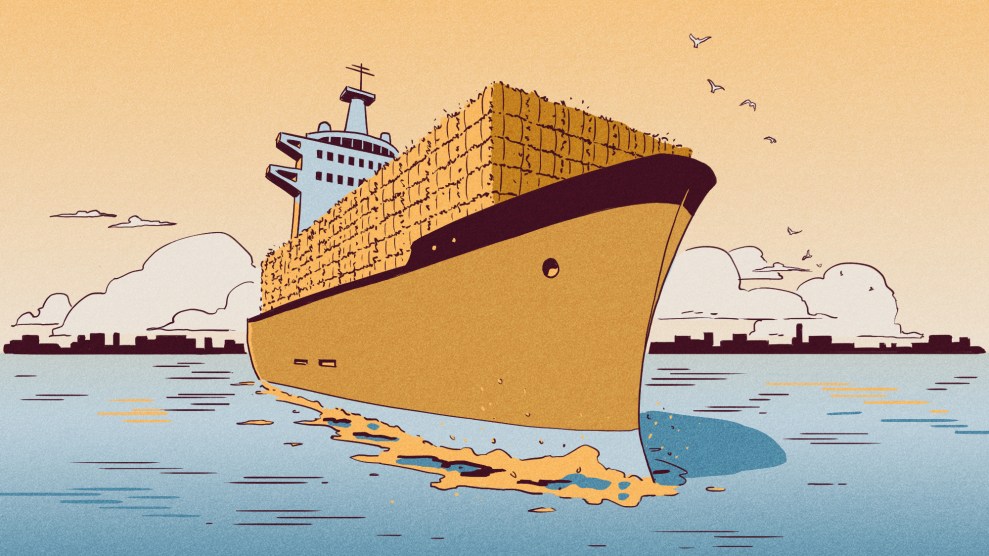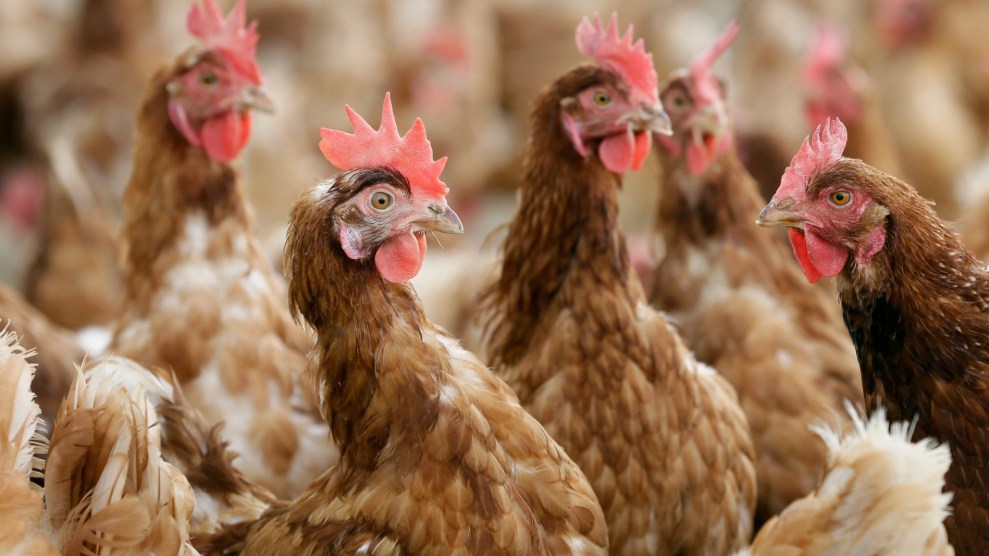
Donald Trump is big with the farmers. How big? Just ask him. “Oh, are you happy you voted for me,” the president cooed during his speech at the American Farm Bureau Federation’s 99th annual convention in Nashville on Monday. “Oh, you are so lucky I gave you that privilege.”
The Farm Bureau is a powerful lobbying organization with sprawling insurance interests and strong ties to agribusiness. US presidents have an open invitation to address the group’s big meet-up; Trump was the first to take the bait in a quarter century.
His preening lines (starting around 23:20 in the above video) inspired a curiously muted applause from the audience compared to the rousing cheers he elicited during other parts of the speech. The flat reception underlines Trump’s dilemma in farm country as the 2018 mid-term elections approach. His administration has delivered on the main promises it made to farmers during the 2016 campaign: gutting regulation and easing the burden of the estate tax. But those promises actually amount to very little in the face of a struggling farm economy beset by years of low commodity prices, labor shortages exacerbated by an immigration crackdown, and fears of imperiled export markets as Trump threatens to roll back trade deals like the North American Free Trade Act.
Take deregulation. At his Nashville speech, the president trumpeted the administration’s move, back in March, to overturn the Waters of the US rule, a clarification of the Clean Water Act mandated by a 2006 Supreme Court decision. According to Trump, crushing WOTUS, as it’s known, was a heroic act that essentially saved the family farm. “Men that were tough and strong, women that were tough and strong, they’d see me, there were tears coming down their eyes, because I gave them back their property, I gave them back their farms,” he claimed.
The crowd roared at Trump’s WOTUS victory lap, but the idea that the president delivered farms back to people is nonsense. As I showed in this post, the Waters of the US rule—like the Clean Water Act itself—exempted farming activities from its purview. The Farm Bureau itself did its best to whip farmers into a frenzy against it, even though it had little effect on them.
He told another fairy tale about what he called the “deeply unfair estate tax.” Until recently, estates valued at $5.5 million and higher were forced to pay an estate tax of 40 percent. The recent GOP tax overhaul pushed the threshold to $11 million. Before that act of largesse, farm families typically “were forced to take these farms and sell them at a fire-sale price,” he claimed. “That’s not gonna happen anymore, folks. Not gonna happen.” In reality, just 0.4 percent of US farm estates were big enough for the tax in 2016, according to the US Department of Agriculture.
Not surprisingly, Trump also congratulated farmers on the broader benefits they’ll receive from the tax overhaul, which he described as “5.5 trillion dollars in tax cuts, with most of those benefits going to working families, small businesses, and—who?—family farmers.” I won’t tackle the broader claims. As for impact in farm country, as I reported and was recently confirmed by a new paper from US Department of Agriculture economists, the great bulk of its benefits will accrue to the very largest farmers. According to the paper, the very largest farms will grab as much as 70 percent of the tax reductions, while the smallest farms will actually pay more.
Meanwhile, prices of major commodities like corn and soybeans remain mired in a multi-year slump and farm labor shortages linger. Trump’s bluster won him massive support among farmers in 2016. As the hollow nature of his gifts to them sets in, it’s hard to see how his popularity in farm country will hold out through the mid-terms. Indeed, in the iconic farm state of Iowa, at least, Trump’s appeal is on the wane, reports The Washington Post’s David Weigel.














